Culture
JA Manafaru celebrates Maldives Independence Day with cultural week

The stunning all-natural resort paradise, JA Manafaru, invites guests to immerse themselves in the rich culture of the Maldives during their Maldivian Cultural Week.
Located in Haa Alifu Atoll, they are proud to be “the Real Maldives and are promoting this by holding this weeklong event, held from July 22nd to July 26th, 2024.
This exciting week coincides with Maldives’ Independence Day and offers a unique opportunity to experience the island nation’s vibrant traditions and customs.
The festivities begin on July 22nd with a captivating tour of the resort’s cultural exhibit, Magey Hiyaa.
Excitement builds on July 23rd as the celebration continues with an unforgettable Maldivian night, where guests savour a traditional feast called served “Malaafaiy” style at Kakuni restaurant, followed by a mesmerising Boduberu performance.
On July 25th, a captivating Maldivian Cooking Class led by the talented Executive Chef, Chef Moosa Nazeeh, takes place at Kakuni. Guests can learn the secrets behind the country’s most beloved dishes.
The week culminates on July 26th, Maldives Independence Day, with a traditional flag-raising ceremony on the beach. Guests can join the national pride as the Maldivian National Anthem fills the air.
The celebrations conclude with a delightful Maldivian-themed afternoon tea featuring local delicacies served at the Veli Bar. As guests savour the flavours, they are enthralled by the rhythmic beats of another Boduberu performance.
“Maldivian Cultural Week is a fantastic opportunity for our guests to discover the heart and soul of the Maldives,” says Jason Kruse, General Manager at JA Manafaru. “We are thrilled to offer this immersive experience that allows guests to connect with the rich culture and traditions of our beautiful island nation.”
Experience the magic of the Maldives and immerse yourself in its culture at JA Manafaru during Maldivian Cultural Week. For reservations or inquiries, please contact reservations.manafaru@jaresorts.com or via WhatsApp +960 766 0170.
Culture
Elegant island celebration: Eid Al-Fitr at The Ritz-Carlton Maldives, Fari Islands
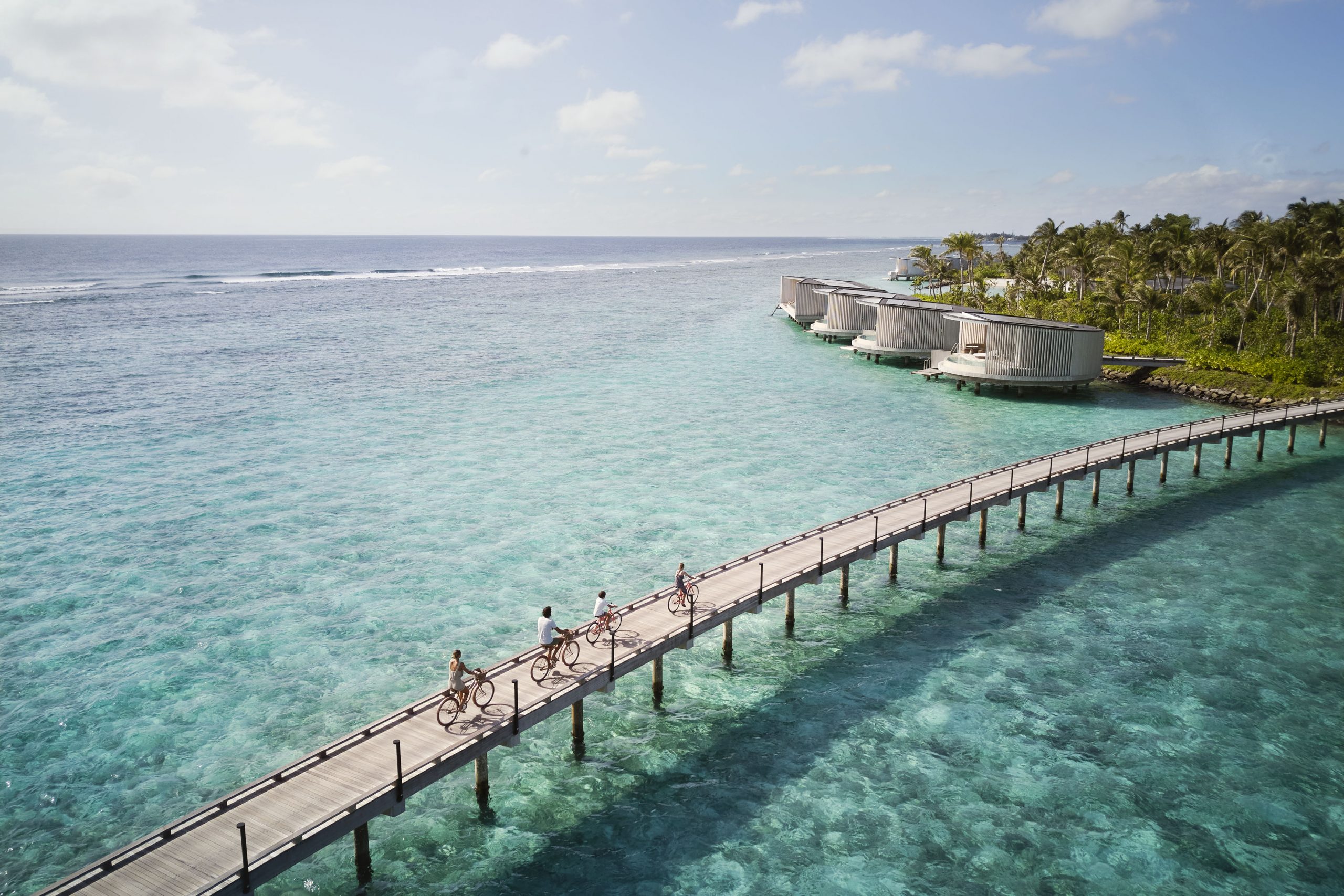
The Ritz-Carlton Maldives, Fari Islands invites guests to celebrate Eid Al-Fitr with a thoughtfully curated program of experiences that brings families and loved ones together through culture, creativity, and refined island luxury. Unfolding across the resort’s signature venues, the celebrations feature an elegant calendar of culinary journeys, wellness rituals, immersive cultural moments, and family-friendly activities, all set against the serene natural beauty of the Fari Islands.
From 20th to 24th March 2026, guests are invited to experience a curated calendar of festive moments across the resort, celebrating Eid Al-Fitr through elevated dining, wellness rituals, family activities, and immersive cultural experiences.
Anchoring the celebration is Flowers by Harijanto, the multi-award-winning floral designer brings his masterful floristry to the resort between the 21st and 24th March. Blooming into spring in time for National Flower Day, Harijanto presents a series of immersive experiences including hands-on floral workshops, a botanical-inspired afternoon tea, and a culinary spectacle celebrating edible flowers paired with bespoke botanical cocktails.
Designed for guests of all ages, the program includes a dedicated mini-VIP floral workshop for children, while Harijanto’s signature touch extends throughout the resort, with bespoke in-villa Boenga floral arrangements crafted from local blooms and sustainably sourced materials, supporting the destination’s reduced carbon footprint.
Culinary Highlights
Guests can indulge in a refined selection of dining experiences throughout Eid Al-Fitr, including an Ocean Grill Buffet at Beach Shack, a Starlight Concert Dinner at EAU Bar, and a specially curated Arabic set menu at Mystique Garden. Interactive experiences include an Arabic Cooking Class at La Locanda, alongside floral-inspired afternoon teas and cocktail masterclasses.
Lifestyle & Entertainment
Festivities begin with a Resort Cocktail Party at Beach Shack on the 20th of March, setting the tone for elevated island evenings. Select nights feature live entertainment and themed dining experiences, offering an elegant yet celebratory atmosphere beneath the Maldivian sky. Families and couples can also enjoy a variety of daily recreational experiences, from curated watersports and guided diving excursions to private sandbank visits and indulgent floating breakfasts, all set against the backdrop of the turquoise ocean.
Wellness & Spa Experiences
The Ritz-Carlton Spa introduces a series of mindful wellness sessions for Eid Al Fitr, including sunrise and sunset yoga, meditation, and fitness rituals in scenic outdoor settings. Guests may also participate in hands-on spa workshops using Bamford products such as Face Yoga, Gua Sha Glow, and Spa Alchemist experiences, designed to restore balance and wellbeing during the holiday.
Among the highlights is the Bamford Signature Journey, exclusively designed for The Ritz-Carlton Maldives, Fari Islands. This immersive 150-minute ritual combines Japanese Shiatsu techniques with flowing Swedish massage movements to release tension and rebalance thebody’s’meridians, followed by wave-inspired strokes that echo the natural rhythm of the ocean.
Family, Teens & Ritz Kids
Families are at the heart of the Eid celebrations, with a full programme for younger guests. Ritz Kids can enjoy festive craft workshops, lantern-making, slime labs, treasure hunts, and Eid-themed creative sessions, while teens are invited to participate in architectural workshops, mosaic art, and interactive game challenges.
Nature & Marine Discovery
Led by the resort’s Naturalist Ladies and Dive Center, guests can connect with the surrounding marine environment through turtle, shark, and coral garden snorkeling, sunset cruises, traditional fishing, reef talks, and coral regeneration activities.
With its seamless blend of togetherness, creativity, and cultural appreciation, Eid Al-Fitr at The Ritz- Carlton Maldives, Fari Islands offers an enriching and elegant island escape, where meaningful moments unfold in a truly exceptional setting.
Guests are invited to discover the Signature Villas and select the perfect island retreat, from Two-Bedroom Beach Villas set along pristine coves to Two-Bedroom Overwater Villas poised above turquoise waters, each featuring private pools, expansive indoor and outdoor living spaces, and uninterrupted ocean views, ideal for families or small groups seeking refined seclusion. Those desiring heightened privacy may retreat to the resort’s exclusive estate enclave, a secluded sanctuary offering expansive multi-bedroom villas, infinity pools, outdoor dining pavilions, and personalised service from a dedicated Aris Meeha, your island butler.
The Embrace Island Life offer, valid for stays from now until December 20, 2026, enriches every escape with half-board dining across the resort’s celebrated restaurants, showcasing Maldivian, Japanese, Southern Italian, Cantonese, and Lebanese cuisine, along with return luxury shared speedboat transfers, curated welcome amenities, and 24-hour butler service, ensuring a seamless journey defined by effortless elegance from arrival to departure.
For more information, please visit ritzcarlton.com/Maldives.
Culture
Kuda Villingili presents family-focused Eid al-Fitr experience in Maldives
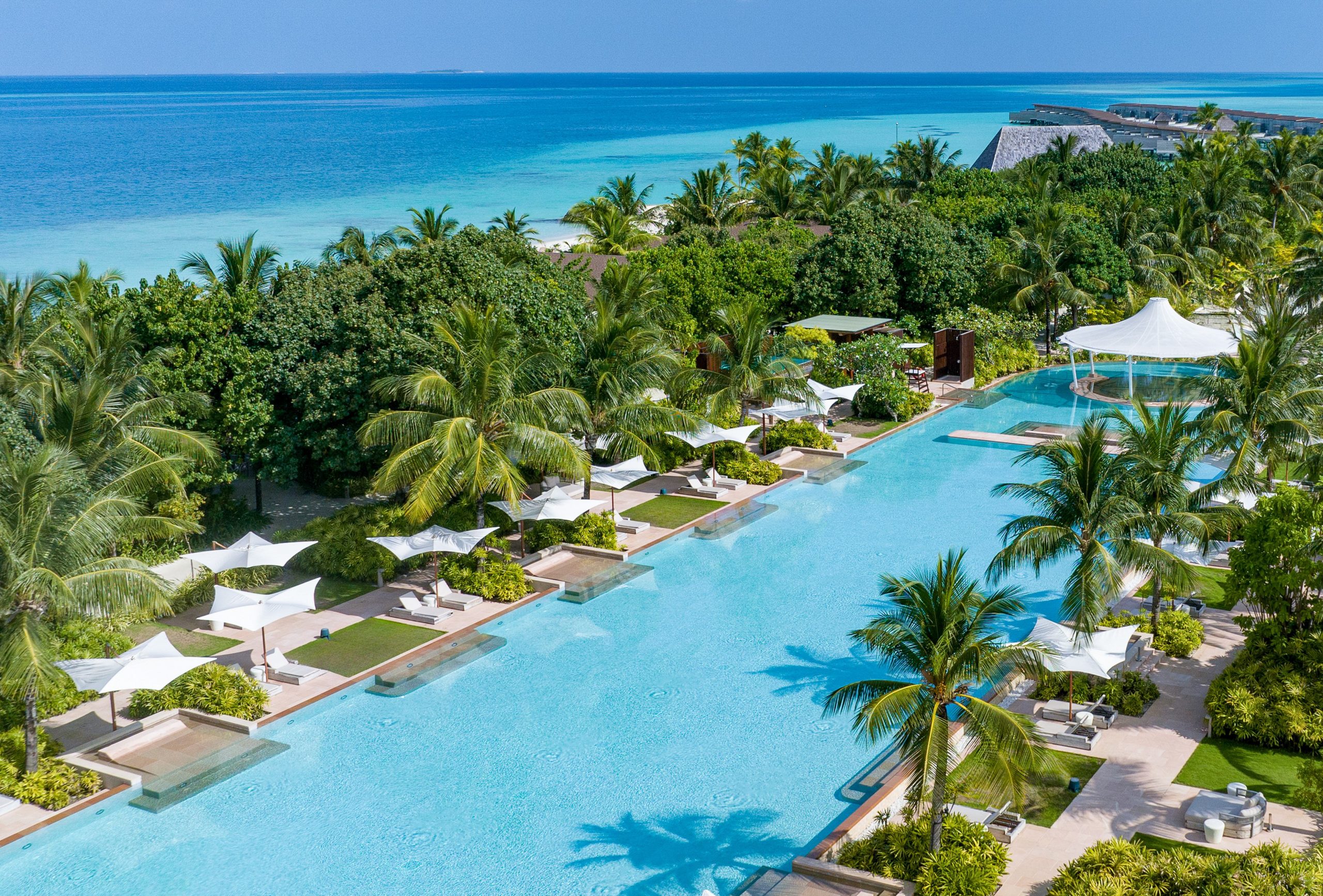
Kuda Villingili Resort Maldives has announced a three-day Eid al-Fitr 1447 AH programme, inviting guests to celebrate the occasion from 19 to 21 March 2026 in a tranquil island setting that brings together family, reflection, and shared moments.
Following the holy month of Ramadan, Eid al-Fitr at the resort is designed as a gentle transition into celebration, offering guests the freedom to mark the festival at their own pace. The programme brings together families, couples, and friends through curated dining experiences, relaxed island gatherings, and moments of quiet connection by the Indian Ocean.
Culinary experiences form the centre of the Eid programme. Celebrations begin with the Kuda Eid Feast Buffet Dinner at The Restaurant, featuring Middle Eastern and Maldivian dishes served under the stars, accompanied by soft island music. Guests can also gather at Spice for the Kuda Eid Lunch Feast, a five-course Middle Eastern fusion menu by the Qureshi brothers, inspired by traditional flavours and designed for sharing in the spirit of Eid. Evenings continue at The Bar with an Arabic Shisha Night, combining live DJ music with a relaxed social atmosphere.
Eid mornings at the resort offer a calmer start to the day, with a Signature Floating Breakfast served in the privacy of each villa pool. Guests can also enjoy Eid Signature Mocktails, created with floral and spice notes that reflect the season’s sense of gratitude and renewal. An interactive Art of Shisha Making experience is also available, encouraging conversation and shared storytelling.
The Eid programme has been curated to include guests of all ages. Younger visitors are welcomed at Kuda Fiyo, where Eid-themed creative workshops, treasure trails, storytelling sessions, games, and movement activities are organised to create memorable experiences while reflecting the cultural significance of the occasion.
For families and adventure-seekers, the resort also offers Eid al-Fitr Ocean Adventures. A personalised Big Game Fishing experience provides an opportunity to spend time together on the open sea, combining quiet reflection with exploration of the surrounding waters.
With its expansive island layout, eight dining destinations, and the Maldives’ largest swimming pool, Kuda Villingili Resort Maldives presents an Eid al-Fitr celebration that blends tradition with contemporary island living, offering space, privacy, and a relaxed setting for guests seeking a meaningful Eid experience in the Maldives.
The full Eid al-Fitr 2026 programme can be viewed here. More information about the resort is available from the resort’s website.
Culture
SO/ Maldives illuminates Diwali with culinary delights, festive spirits, chic island vibes
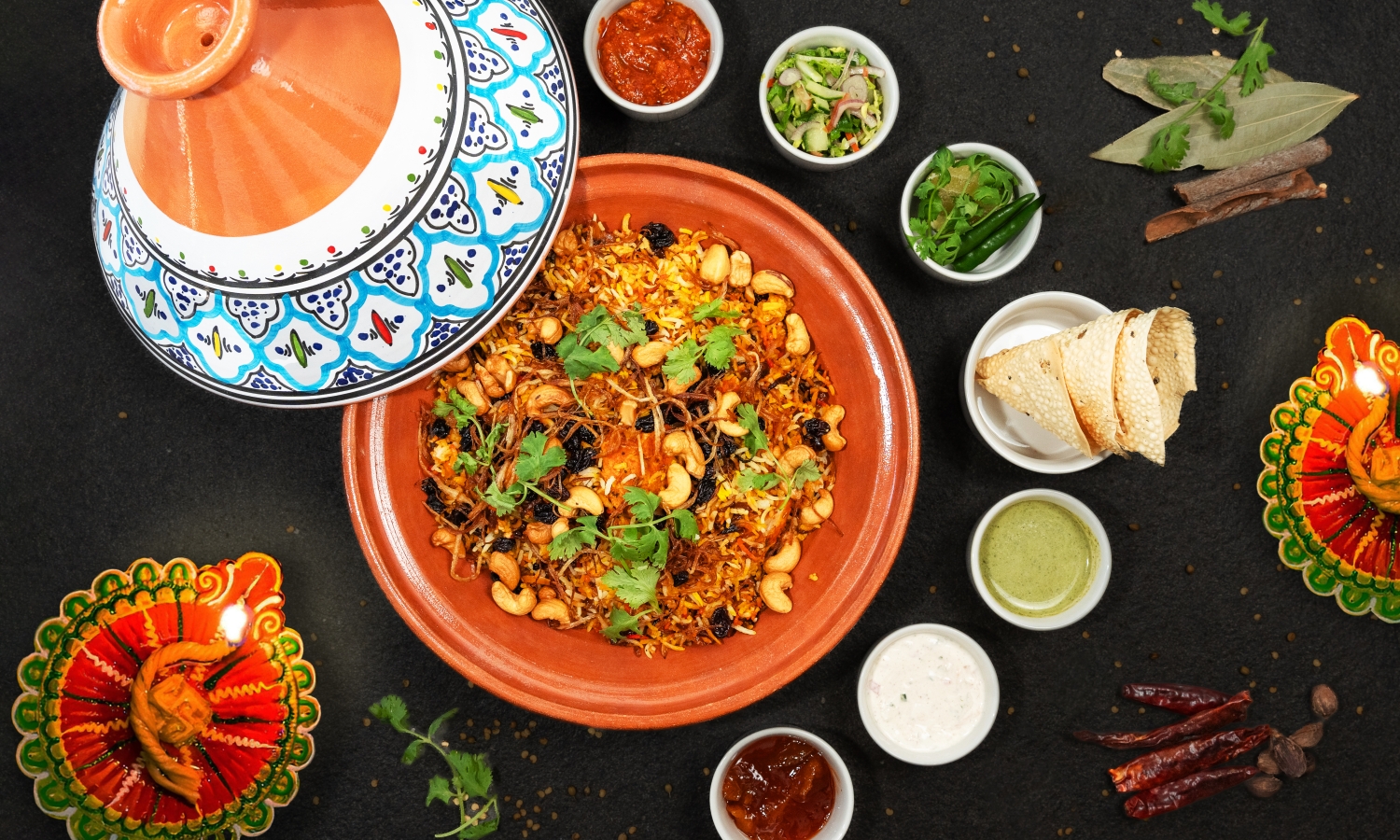
This Diwali, SO/ Maldives is set to dazzle with a bold celebration that blends cultural tradition with the resort’s signature flair. Guests are invited to indulge in a day of flavor, music, and style, wrapped in the spirit of light and festivity.
The day begins at The Citronelle Club, where guests can immerse themselves in India’s sweetest traditions with a complimentary Gulab Jamun cooking class. This hands-on session not only celebrates the art of crafting one of India’s most iconic desserts but also offers guests a memorable experience of cooking and tasting together in true festive spirit.
Following the workshop, the culinary journey continues with an exclusive tasting of SO/ Maldives’ brand-new Indian à la carte menu. Bursting with bold flavors and modern interpretations, this exciting menu brings a fresh twist to traditional favorites, showcasing dishes designed to delight both seasoned gourmands and those discovering Indian cuisine for the first time.
As the afternoon rolls into evening, the celebrations flow seamlessly to Lazuli Beach Club and The Citronelle Club, where guests can savor the moment with 40% off select premium beverage bottles. Whether shared over a meal or enjoyed as a toast to togetherness, these indulgent pours elevate the festive mood with sophistication.
The evening comes alive with a vibrant lineup of cultural and family-friendly activities. Guests can express their creativity at a Family Diya Workshop, lighting up the night with personalized clay lamps that symbolize joy and prosperity. At Lazuli Beach Club, a Henna Workshop invites guests to adorn their hands with intricate patterns, while the beachfront transforms into a canvas for a Rangoli experience, where colorful designs bloom in the sand to celebrate the artistry and spirit of Diwali.
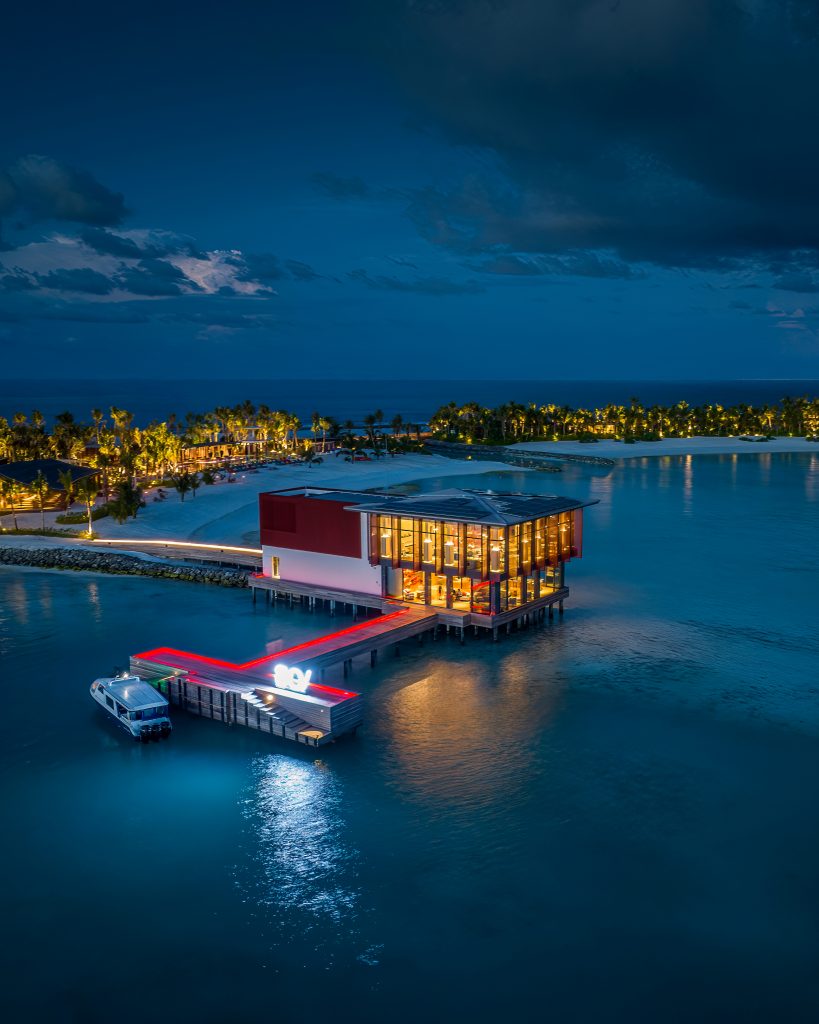
No Diwali celebration is complete without a golden-hour glow. At Lazuli Beach, the festivities shine brighter with 50% off saffron martinis during sunset, accompanied by live DJ beats. As the Maldivian sky turns to hues of orange and gold, guests can sip, sway, and soak in an electric yet elegant atmosphere, perfectly in tune with the spirit of Diwali.
“At SO/ Maldives, we reimagine cultural celebrations with a bold, chic island twist. This Diwali, we’ve curated a day that’s all about indulgence, flavors, music, and unforgettable moments,” said Olivier MOIES-DELVAL, General Manager, SO/ Maldives. “It’s about honoring tradition while celebrating in style, surrounded by the natural beauty and energy of the Maldives.”
SO/ Maldives invites guests to light up their Diwali with this one-of-a-kind experience that blends the richness of Indian traditions with the resort’s signature playful luxury.
Celebrate light, flavor, and island chic this Diwali at SO/ Maldives.
-
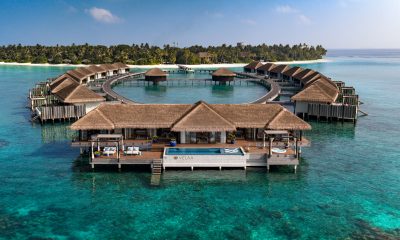
 News1 week ago
News1 week agoRefined overwater vision: Velaa Private Island’s upgraded Ocean Pool House
-
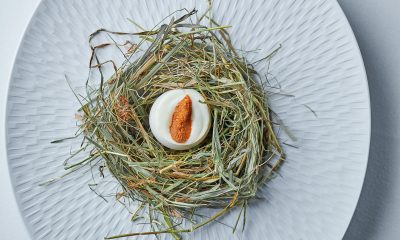
 Cooking1 week ago
Cooking1 week agoA spring of flavours: Nowruz dining series at JW Marriott Maldives Resort & Spa
-
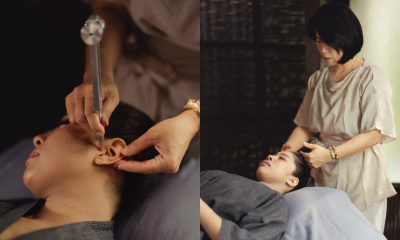
 Featured1 week ago
Featured1 week agoYoko Kawaguchi to lead holistic wellness residency at Vakkaru Maldives
-
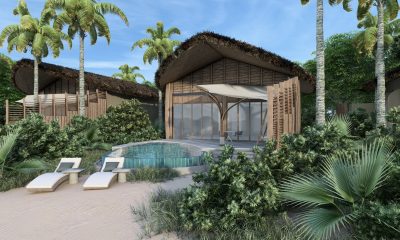
 News7 days ago
News7 days agoPulse Hotels & Resorts unveils Aura Maldives, a mindful luxury sanctuary
-
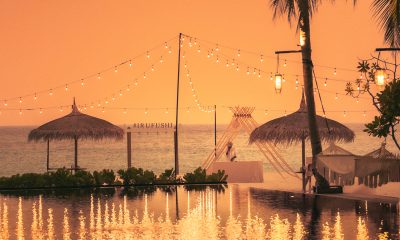
 News1 week ago
News1 week agoSun Siyam Iru Fushi sets new nenchmark with 24 Hour Premium All Inclusive Dine Around
-
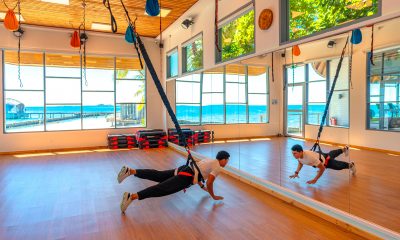
 Fitness1 week ago
Fitness1 week agoOUTRIGGER Maldives Maafushivaru launches expanded wellness programming for 2026
-
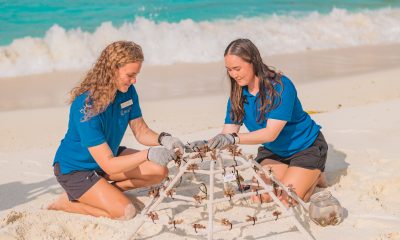
 Action1 week ago
Action1 week agoSheraton Maldives Full Moon celebrates sixth anniversary of Reefscapers collaboration
-
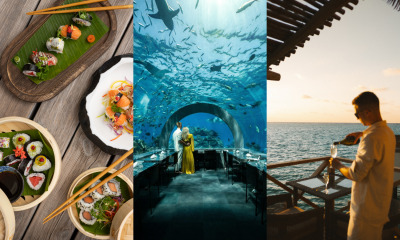
 Featured1 week ago
Featured1 week agoYou & Me Maldives unveils curated Premium All Inclusive programme















